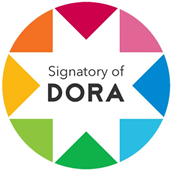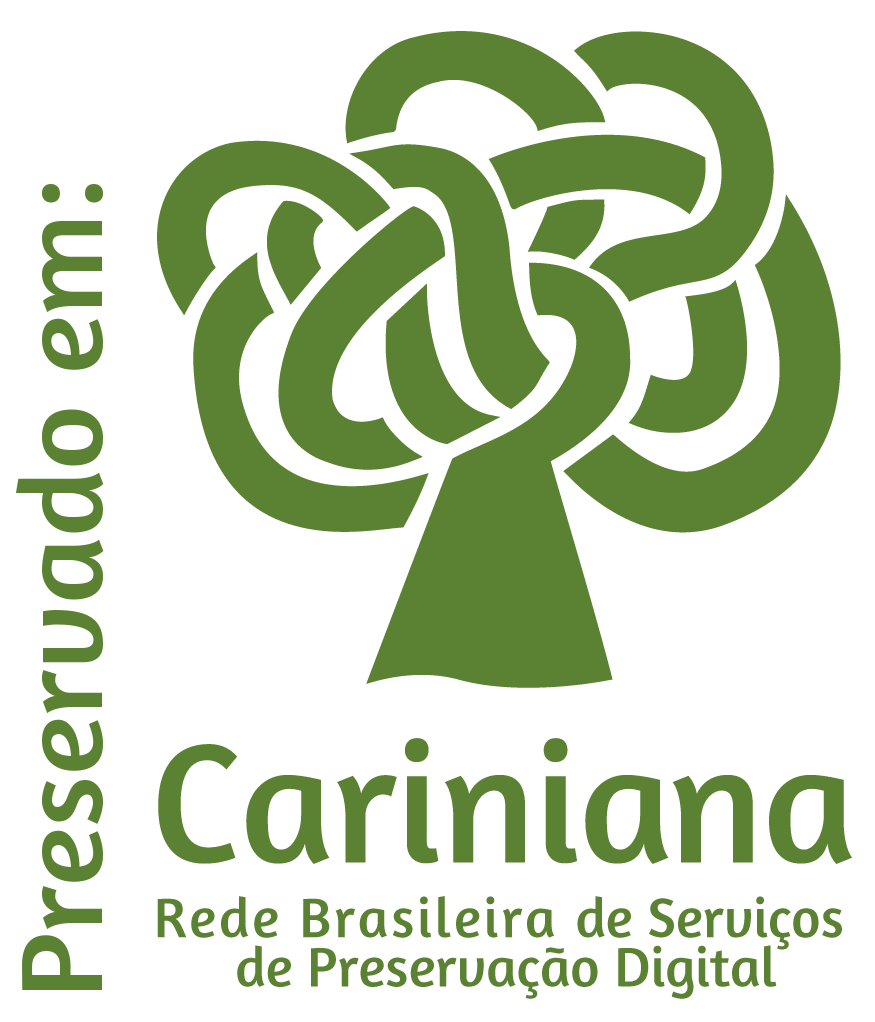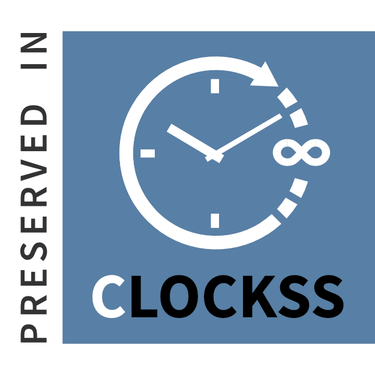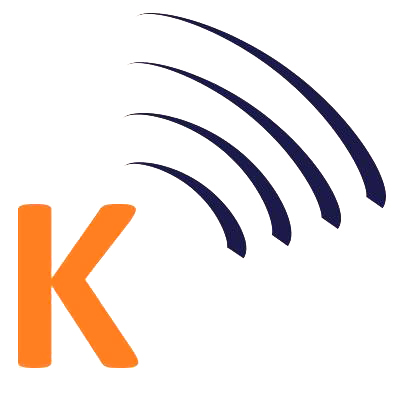Virtual and Augmented Reality and Science Teaching
DOI:
https://doi.org/10.31417/educitec.v5i10.414Keywords:
Virtual reality, Science Teaching, CoursewareAbstract
This article presents Virtual and Augmented Reality (RVA), with an approach to the main concepts used by this technological area. It provides an overview of educational software made with RVA, exclusively aimed at teaching science, generated by research groups from Brazilian universities and the world, published in the main existing digital databases or in their own repositories, which is a common practice. in large institutions. Emphasis was given to approaches in the teaching-learning context, theories and pedagogical lines used by these groups in the design and use of these educational software. We searched directly in the portals of the first 100 universities placed in the world ranking (Center for World University Rankings - CWUR), as well as in the 20 most used databases in Brazil and in the world. Some tools were known to the authors of this article and for this reason they were accessed directly on the internet without searching a database. The work brings specific discussions in the final considerations, mainly, reflections on the absence of computational information as the adopted programming language, use of specialized platforms in Virtual Reality applications and others. The software that will be presented does not provide technical information, aiming at the socialization and engagement of new developers or the creation of customized versions, even though they are educational and non-commercial visualization objects in most cases. This is probably the main reason for the paltry amount of RVA tools aimed at science teaching, compared to the entertainment industries, for example.
Downloads
Metrics
References
BOTEGA, Leonardo Castro; CRUVINEL, Paulo Estevão. Realidade Virtual: Histórico, Conceitos e Dispositivos. In: Simpósio de Realidade Virtual e Aumentada, 11, 2009, Porto Alegre. Anais..., Porto Alegre: Sociedade Brasileira de Computação, 2009, p. 8-30.
PSOTKA, Joseph. Educational Games and Virtual Reality as Disruptive Technologies. Educational Technology & Society, Taiwan, v.16, n. 2, p. 69-80, abr. 2013 - Disponível em: https://www.researchgate.net/publication/288997480_Educational_Games_and_Virtual_Reality_as_Disruptive_Technologies. Acesso em: 12 fev. 2018.
RUSSO, Enio Emanuel Ramos et al. A Realidade Virtual na Indústria de Exploração e Produção de Petróleo. In: TORI, R.; KIRNER, C.; SISCOUTO, R. (Eds.). Fundamentos e Tecnologia de Realidade Virtual e Aumentada. Belém: Sociedade Brasileira de Computação, 2006.
SHERIDAN, Thomas. Musings on Telepresence and Virtual Presence: Teleoperators and Virtual Environments. Presence Teleoperators & Virtual Environments, Orlando, v.1, n.1, p. 120-125, jan. 1992. Disponível em: https://www.researchgate.net/publication/220090051_Musings_on_Telepresence_and_Virtual_Presence. Acesso em: 28 abr. 2017.
VAVRA, Karen et al. Visualization in Science Education. Alberta Science Education Journal, Edmonton, v. 41, n. 1, p. 22-30, jan. 2011.
Downloads
Published
How to Cite
Issue
Section
License

This work is licensed under a Creative Commons Attribution 4.0 International License.
This work is licensed under a Creative Commons Attribution 4.0 International License
This license allows others to share, copy, redistribute material in any medium or format, adapt, remix, transform and develop the material based on their work, even if commercially, giving due credit and providing a link to the license.
The published articles are the property and full responsibility of their authors, who may have them for later publication, always including the original edition, and EDUCITEC Magazine does not have any legal responsibility for its content.
Accepted 2019-02-20
Published 2019-03-01

















